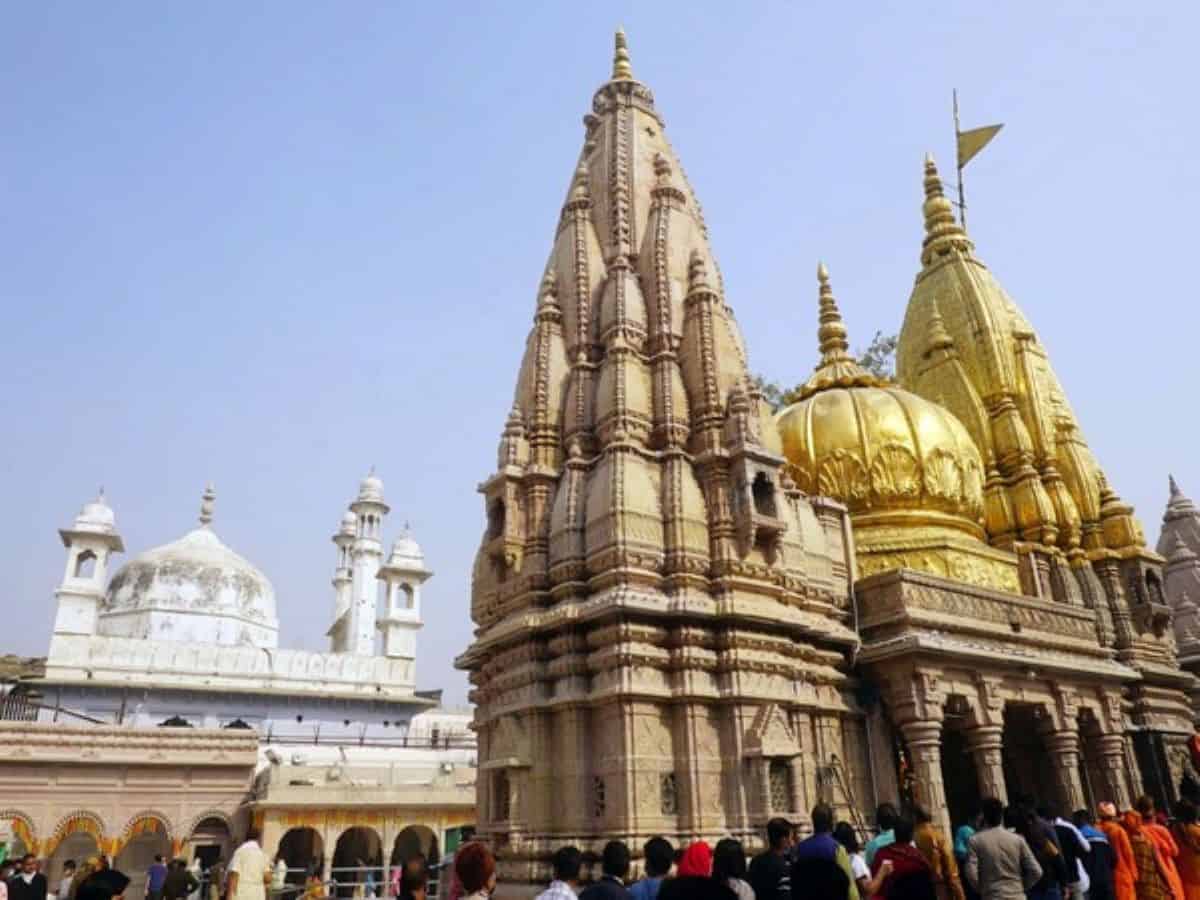
New Delhi: Leaders of both Hindu and Muslim communities should consider an out-of-court settlement of Gyanvapi case in Varanasi as there are enough evidence to prove that there was a temple of Lord Shiva at the disputed site for years and a mosque was built there later, noted historian and author Vikram Sampath said on Tuesday.
Speaking to PTI, he said leaders of both communities should also sit together and amicably resolve the disputes about all other temples in the country. For this, the Hindu side should first prepare a comprehensive list of such temples before sitting with Muslim representatives to amicably settle the disputes “once and for all”, he said.
Sampath, whose new book ‘Waiting for Shiva: Unearthing the truth of Kashi’s Gyanvapi’ is due for release soon, also suggested that the governments should free all the temples from their control and allow the Hindu community to manage them independently, saying over 30,000 Hindu temples are under the Tamil Nadu government alone.
“All the evidence shows that there was a temple of Lord Shiva at the site for years. Puja has also started there in the cellar (Gyanvapi mosque). The next step would be that this entire space be vacated,” he told PTI.
The Gyanvapi mosque dispute is sub judice with a Varanasi court recently allowing prayers before the idols in the southern cellar of the mosque. Kashi Vishwanath temple trust has nominated a ‘pujari’ for the conduct of prayers.
“I will not take the hazard of presuming the court’s decision in the matter… But the best possible solution is that the two communities and their religious leaders sit together and go for an out-of-court settlement of the dispute, without involving politicians,” Sampath said.
“Kashi is a big city. Land can be given to them (Muslims) for building a much bigger and magnificent mosque somewhere else in the city. Give us back this place (Gyanvapi and Shringeri Gauri temple) which is something that has been so important for thousands of years for us,” he said.
“That’s the ideal situation and the best way to solve the issue for once and for all because once people go to court, so much bad blood is generated,” he said.
Pitching for an amicable resolution of all other disputed religious sites in the country, Sampath said first of all the Hindu community should prepare “a comprehensive list” of all temples which are as important for the community as Ram temple in Ayodhya and Krishna Janmabhoomi in Mathura with “staggering archaeological, historical or literary proof”.
“And the two communities sit together and hand over the temples and other religious sites to Hindus amicably, settling the dispute to avoid years of bitterness and bad blood in legal battle. They (Muslims) can be compensated with another piece of land for construction of their mosque,” he said.
He said brotherhood and social harmony are two-way traffic for “a larger good”.
“Let us resolve it peacefully and once and for all. We are talking of a new India… We can’t be bogged down by the struggles of the past like this,” he added.
Sampath’s latest book traces the “long and stormy history” of Kashi-Gyanvapi dispute based on texts from various Hindu scriptures, travelogues, Persian and colonial records, archives and “copious” legal documents.
